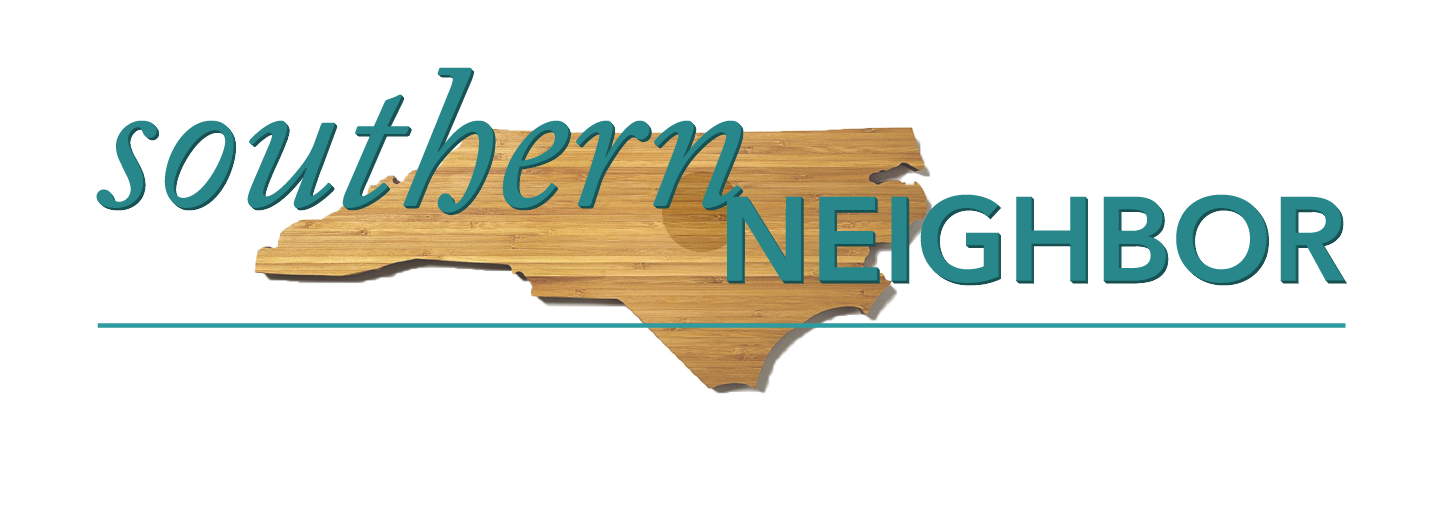Getting farm-fresh produce delivered right to your door is now healthier and easier than ordering pizza. Triangle and Triad area families support Community Supported Agriculture, also known as CSA, more and more as farms continue to grow — but online markets are cutting down subscriptions.
The CSA process begins with families paying a farmer $400 to $700 at the start of a growing season. For the length of that season, the family receives a box of fresh, hand-picked produce delivered to their home each week. Some farms also offer pickup at a farmers’ market or local store.
Farmers and artisan producers generally sell their goods at one or two farmers’ markets, so allowing them to sell their products online greatly increases what they are able to sell.
But these online markets have also cut down CSA subscriptions, said Richard Holcomb, who owns and operates Coon Rock Farm in Hillsborough, as well as Bella Bean Organics and Heirloom Provisions with his wife Jamie DeMent. About two years ago, Coon Rock Farm had approximately 400 subscriptions. Now, there are 250, which he partially attributes to cutbacks in CSAs due to online services.
“The problem I’m seeing today is with box services where you order what you want,” LeBlanc said. “That has really been cutting in with the CSA market. It kind of defeats the whole purpose of CSA to support local farmers and the local economy.”
Still, Harry LeBlanc, former owner of Beausol Gardens & Sanctuary in Pittsboro, took part in CSA for nine years and said it was beneficial to the farm.
“We got a more reliable income source, a much closer connection to our customers,” LeBlanc said. “We had the ability to get a large amount of our income up front at the beginning of the season.”
LeBlanc bought the land to start Beausol Gardens with his first wife, Julie, in 1997.
They had to cut trees and clear much of the land on their own in order to make it farmable. As the farm grew, the couple found that a mid-week distribution of produce was needed because there was not enough storage for all the crops.
In 2002 Beausol joined CSA, which helped remedy the lack of storage, and left in 2011 after the farm was sold. LeBlanc said that towards the end, they were feeding about 100 to 150 families year-round through CSA.
The main season, from April to September, was the most popular among customers. Main season produce includes crops such as beans, squash and peppers, while the winter season produces crops like beets, turnips and radishes. CSA also tends to be more popular with customers who enjoy surprises, as the farmers pick the produce for the box based on what is freshest.
“CSAs work best with people who tend to be a little adventurous in their cooking,” LeBlanc said. “A lot of people who started with our
CSA were unfamiliar with what we offered.”
For those customers who aren’t so keen on surprises, DeMent and Holcomb offer alternative delivery methods of artisan and organic products – products that customers pick themselves.
Coon Rock Farm, which the couple owns, offers local CSA subscriptions with home delivery and market pickup options. Bella Bean ships artisan goods, meats, produce and dairy to select southeastern states, and Heirloom Provisions ships a variety of meats, dairy and pasta across the country. The goods offered range from Hot Jalapeno Peach Jam and homemade Carrot Cake to Grass Fed Beef Liver.
Bones are another popular item.
“We ship an incredible number of bones for both. We’re selling more bones than steak,” said Holcomb.
Bella Bean and Heirloom have provided local small farmers with more access to extra customers. While CSA subscriptions may have dropped recently, local communities have seen an overall growth of CSAs.
“When I got to North Carolina in 1999, the best I could tell, we had a little more than a dozen CSAs in the state. Now we have more than 100,” said Debbie Roos, Chatham County extension agent for CSA.
The connection between local farmers and consumers is one service online markets don’t supply. Chris Jude, Chatham Mills Farmers’ Market board president, said CSAs allow customers to get to know the farmer who produces their food.
“For me and my family, it’s been a good way to connect with the farmers we work with,” he said. “I think it gets people more connected with the farmers and in the practice of shopping locally.”
